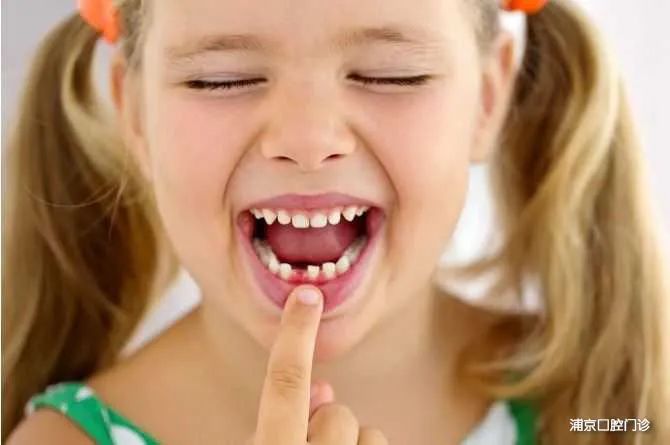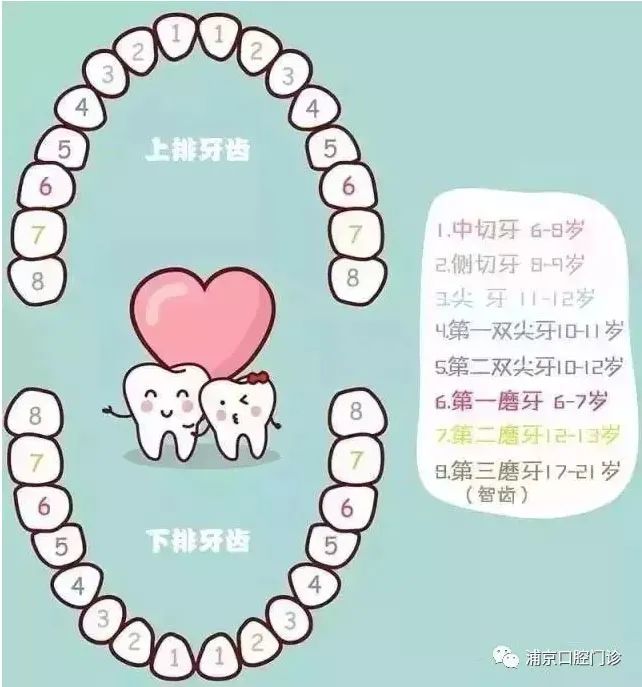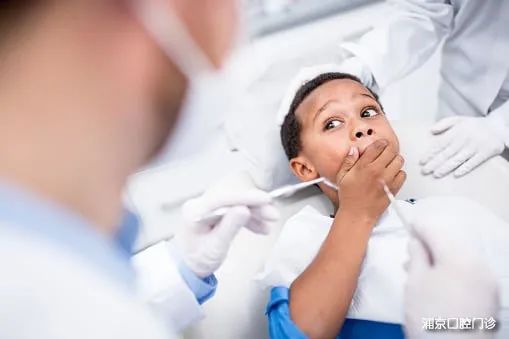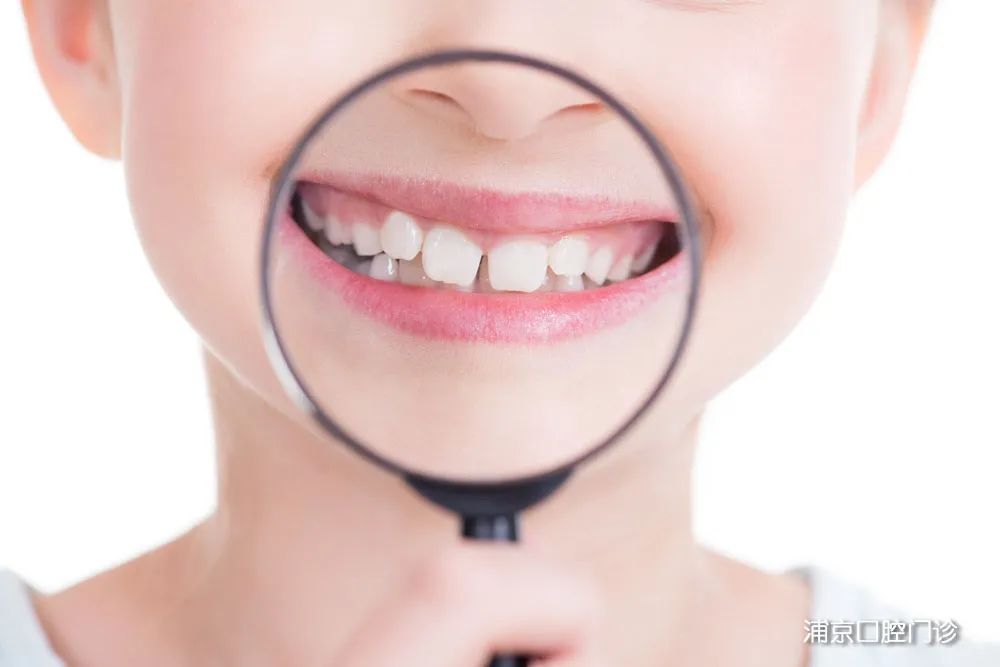Common problems in childrens dental replacement
Source:Pujing Dental ClinicUpdated on:2023-05-31
Pediatric dentists are dedicated to the oral health of children、teen years and special needs patient.

Children begin to get their baby teeth during the first 6 months of life. By age 6 or 7 years, they start to lose their first set of teeth, which eventually are replaced by secondary, permanent teeth. Without proper dental care, children face possible oral decay and disease that can cause a lifetime of pain and complications. Today, early childhood dental caries—an infectious disease—is 5 times more common in children than asthma and 7 times more common than hay fever.

When should your child first visit the dentist?
Before one year old. In order to achieve the best preventive effect, we suggested that children see the dentists when the first tooth erupts. Generally, the first tooth erupts when 6-12 months of age.
What need to prepare during the first dental visit?
The dentist will comprehensively check the condition of the teeth and gums, perform professional cleaning of children’s teeth, and will take X-rays if necessary (most young children will not take X-rays during the first dental visit. But it's all depend on the different situations).
At the same time, this is also an important opportunity to consult the dentist on how to help your child care for the oral cavity. When to stop breast milk? Are there any restrictions on the daily intake of sugar or snacks? How should children of different ages brush their teeth? What kind of toothpaste and how much do you use is the most beneficial for children of different ages? How to choose fluoride toothpaste? Should children use dental floss? On average, how many teeth do children of different ages have erupted? Which deciduous tooth should fall out at which age? How to meet children's needs for drinks while avoiding the risk of cavities caused by drinks? These questions can be discussed with the doctor during the first dental visit, and we can get the answer scientifically.

How to avoid child nervous and uncomfortable when the first dental visit.
As a parent, you need to be aware that your positive attitude towards oral care will play a very good role for your child. If you can devote enough time and patience to help your child develop a good brushing, frequent dental floss, healthy eating, and regular dental care It’s very easy for children to maintain good oral hygiene and ideal oral health in childhood or even adulthood.
In addition, please use positive vocabulary to communicate with your child before seeing the teeth. Please avoid using words such as "drilling", "injection", "will definitely hurt", etc. To see a tooth is not a tormenting process, but a good opportunity for oral care and maintaining a healthy and beautiful tooth. Don't even threaten your child to "take you to the dentist if you don't obey anymore" when your child makes a mistake. Please don't let your child develop dentist phobia before seeing the dentist. A negative attitude toward medical treatment may make the child refusal the dentist forever.
In addition, when the child starts to see the dentist when the tooth is painless and asymptomatic, the entire first visit will be completed in a painless and non-invasive process, and every follow-up visit will also be carried out under the theme of prevention. This not only guarantees the child's dental health, but also allows the child to have a positive attitude towards dental visits, and feel that seeing a dentist is a good habit that is good for health. Rather than associating dental care with pain and noise, you will not be afraid of dental care when you grow up.

Does the health of deciduous teeth affect permanent teeth?
Absolutly, and it will have a very critical impact. Tooth decay is caused by bacteria and is contagious in the local environment of the same oral cavity. Tooth replacement is a long-lasting process, and the replacement time of each baby tooth is different. If a deciduous tooth that is replaced later suffers from caries, and a healthy permanent tooth has grown next to it, this permanent tooth is likely to be affected by it and become a tooth decay. In addition, before the deciduous teeth fall off, the corresponding permanent tooth crowns are located under the deciduous teeth for a long time (up to several years), and are very close to the roots of the deciduous teeth. When the deciduous tooth decays to the root of the tooth, it is very likely to affect the permanent teeth that are developing underneath.
article
Hotrecommend
- 2021-10-14
- 2021-11-25
- 2021-12-11
- 2022-03-28







